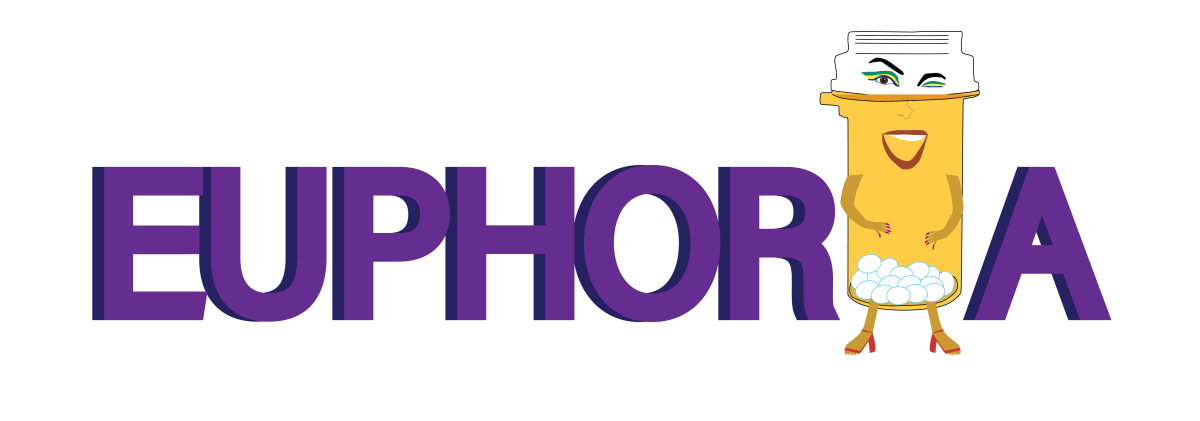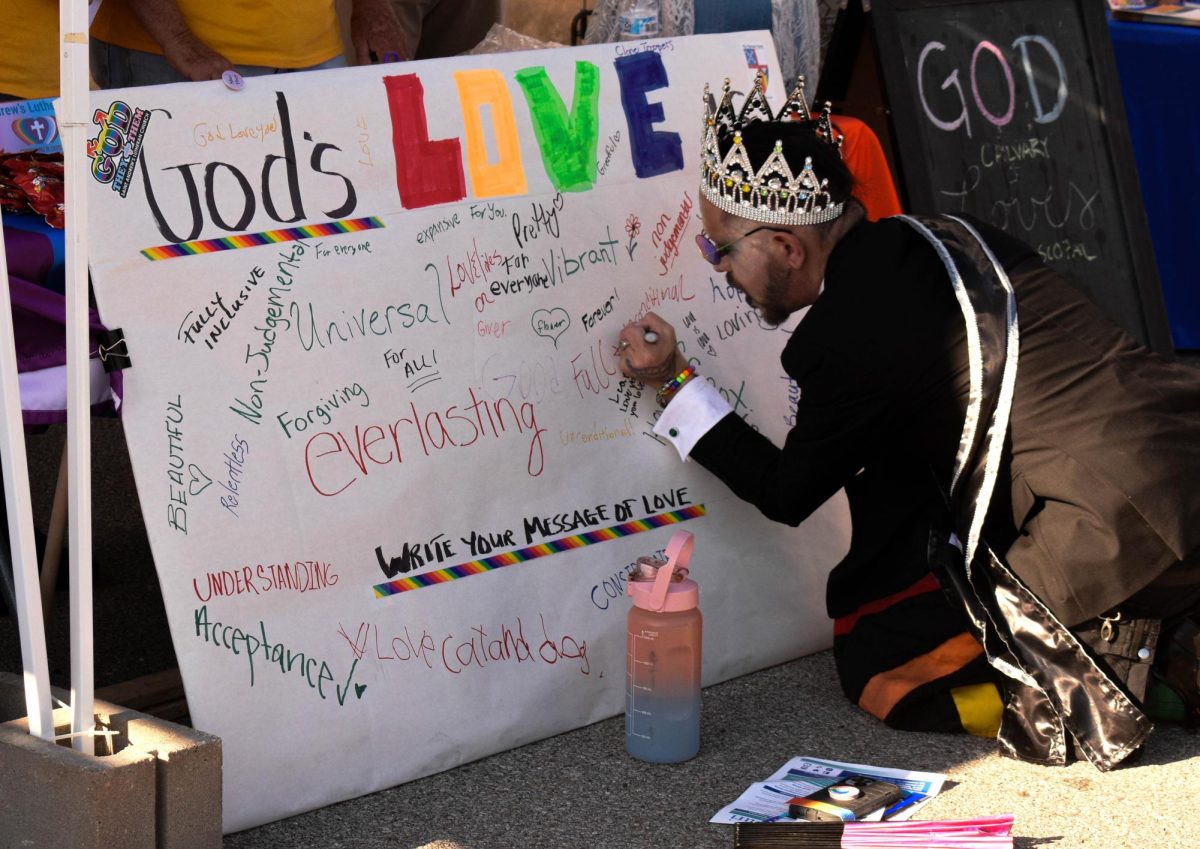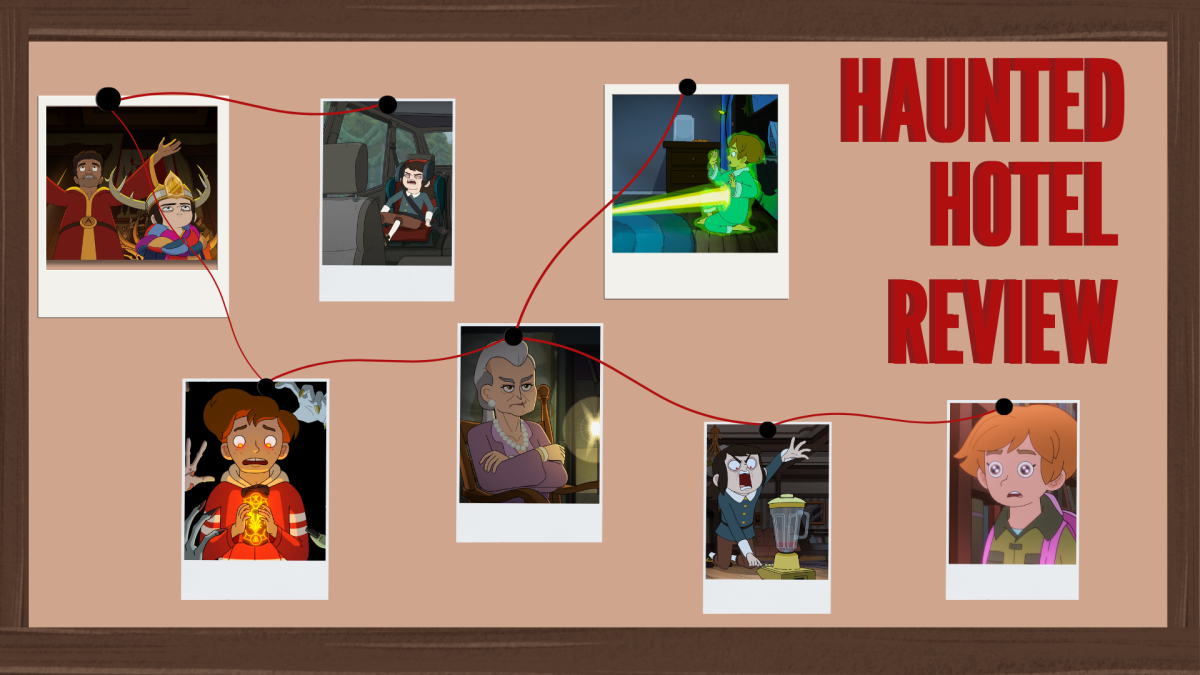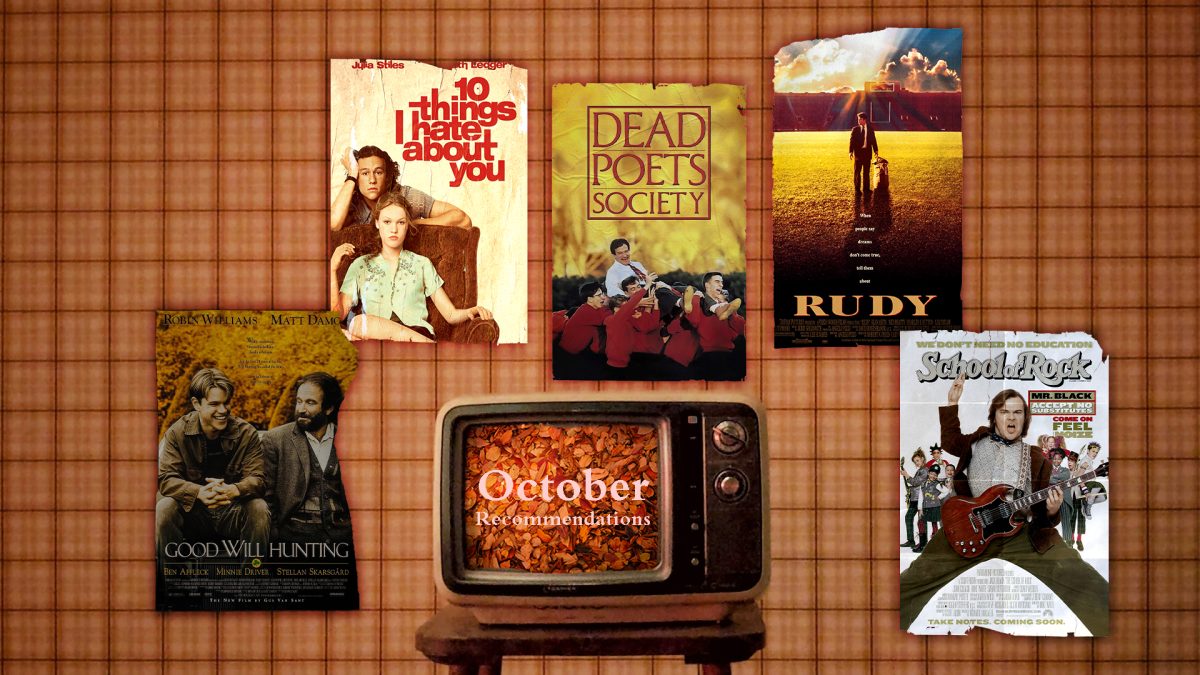The HBO show “Euphoria” premiered in 2019, and ever since its creation, fans and critics alike have buzzed with conversation about executive producer Sam Levinson’s artistic storytelling. With the use of enchanting visual cues and a captivating soundtrack, complementary to the dialogues and scenes, Levinson represents many current societal themes. Due to the heavy nature of the show, however, there is room for error in how the narrative accurately portrays societal issues like drug addiction.
The Drug Abuse Resistance Education program spoke about its feelings surrounding the representation of drugs in “Euphoria.”
“Rather than further each parent’s desire to keep their children safe from the potentially horrific consequences of drug abuse and other high-risk behavior, HBO’s television drama, ‘Euphoria,’ chooses to misguildely glorify and erroneously depict high school student drug use, addiction, anonymous sex, violence , and other destructive behaviors as common and widespread in today’s world,” DARE said in a statement.
Others shared similar sentiments on social media throughout the course of Season Two. Some even felt the show was too triggering to view because of how prevalent these “destructive behaviors” are in each episode.
According to Webster’s New World College Dictionary, the adjective glamorous describes something that is “full of glamour,” “fascinating” and “alluring.” While I will agree “Euphoria” relies heavily on the aesthetic of its scenes to entice viewers, the show’s overalloverall, the show’s current portrayal of drugs is not fascinating; rather, it presents multiple perspectives to the issue of drug addiction.
Unfortunately, contrary to DARE’s statement, many of the issues portrayed in “Euphoria” may be more widespread than the organization believes. I feel the show does well in presenting the highs and lows of drug addiction; Zendaya’s character Rue Bennett demonstrates the mind of a drug addict, placing a perspective into the series that is often dismissed in the media.
It’s been made clear that Rue’s emotional state clouds her version of reality as both Levinson and the show itself stated. The after credits titled “Enter Euphoria” feature the cast and crew elaborating on topics and scenes from the episode. In the after credits of the special episode titled “Part 1: Rue” Levinson said: “We’re starting to see a little bit of Rue’s unreliability as a narrator. This episode is kind of starting to sow the seeds that Rue’s perspective is Rue’s perspective. And she’s not always accurate in her retelling of things.”
With this in mind, the glitz and glamour of Season One could be interpreted as Rue’s perspective when she began abusing drugs; however, as “Euphoria” has progressed into its second season, the overall tone shifted.
“In the first season, there was a lot more establishing of the universe of ‘Euphoria,’” veteran viewer and MU junior Jack Trusler said. “We were introduced to the setting and characters slowly, and we learned how they interacted. In that season we thought we saw the drama that was to come, but then Season Two took it to another level. They played more with the characters and how their part of the story is told in Season Two.”
The narrative is like a slow-burn, growing darker as Rue’s mental and physical health spiral. From the pilot to where the show is now, we see Rue hit rock bottom with her addiction in Season Two, Episode Five.
“There’s emotional reasons behind the character’s hair and makeup,” Zendaya said in the after credits. “We didn’t want to shy away from the ugliness and reality as [Rue’s] emotional state just gets messier and messier and messier.”
Although not in the main seasons, the special episode of “Euphoria,” “Part 1: Rue,” also has a real conversation around drug abuse and drug addicts. After the COVID-19 pandemic began, production for Season Two was forced to shut down, sparking the creation of a more contained story post-Season One.
“My instinct kind of immediately was, ‘What else can we do in the meantime?’” Levinson said. “‘How can we contain pieces that continue the emotional evolution of these characters?’”
Taken from a holistic perspective, I don’t believe “Euphoria” glamorizes drugs. While I will admit Levinson’s show can be triggering to viewers, its intensity stems from realistic portrayals of drug addiction. The show doesn’t glamorize drugs because it’s not a superficial presentation of the topic.
Zendaya summarized this idea well:.
“Our show is in no way a moral tale to teach people how to live their life or [tell them] what they should be doing,” Zendaya told Entertainment Weekly. “If anything, the feeling behind “Euphoria,” or whatever we have always been trying to do with it, is to hopefully help people feel a little bit less alone in their experience and their pain. And maybe feel like they’re not the only one going through or dealing with what they’re dealing with.”
Edited by Camila Fowler | [email protected]








